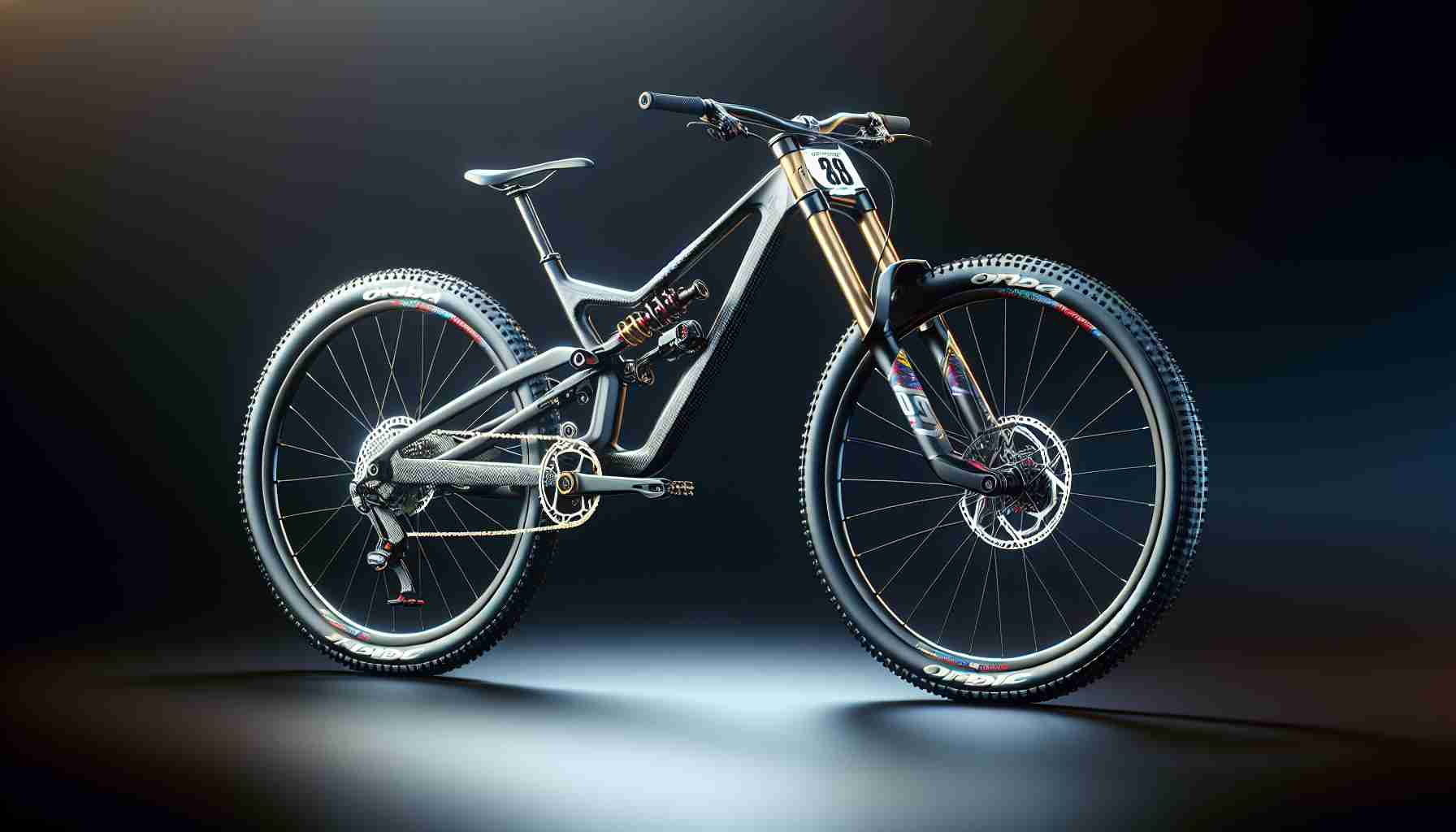Michigan is on the verge of implementing significant changes to the rules governing the use of electric bikes on trails across the state. The Department of Natural Resources is set to present a new land use order to the Natural Resources Commission, proposing expanded access for certain classes of electric bikes on trails where only non-motorized bikes are currently permitted.
Recognizing the growing popularity of motor-assisted cycling in Michigan, the state aims to make this activity more accessible to enthusiasts who prefer e-bikes. By allowing electric bikes on natural surface trails managed by the Parks and Recreation Division or the Forest Resources Division, more riders will have the opportunity to enjoy the outdoors in a way that suits their preferences and abilities.
The order would permit Class 1 electric bikes, equipped with a motor that assists while pedaling, on any designated natural trail, including most state park trails. Additionally, Class 2 electric bikes, which are throttle-controlled, would be allowed on the same trails, provided riders secure permission from the state.
This expansion in access to trails encompasses the goal of inclusivity. People with disabilities, who may benefit from the use of fully-motorized bikes, will have the same opportunity to enjoy the beauty of Michigan’s natural landscapes as their counterparts.
While the decision to allow e-bikes on multi-use paved trails will still be subject to the local government’s discretion, the new order establishes a uniform ruling across the entire state for all parks and recreation lands.
As with any change, there are differing opinions on the matter. Tensions between different riders have resulted in lawsuits and instances of individuals self-policing where electric bikes are used. Concerns have also been raised regarding safety due to high speeds and potential trail damage caused by e-bikes.
However, the DNR cites experiences from other states that have expanded the use of electric bikes, indicating minimal issues following rule changes. The department contends that class-1 e-bikes are likely to have no more impact on trail surfaces than traditional mountain bike users.
The DNR has engaged with various stakeholder groups, including non-motorized work groups, to gather input and ensure a comprehensive approach to the order. Public opinion, accessible surveys, and consultation with the disability community played key roles in shaping the proposal.
Should the order be implemented, updated signage at trailheads reflecting the new rules pertaining to e-bikes will be installed. Additionally, a survey accessible through a QR code will allow individuals to share their thoughts on electric bikes on natural trails.
The Department of Natural Resources plans to review the impacts of e-bike use on natural surface trails after one year. Depending on the findings, the order may be either rescinded if negative impacts are identified or maintained if no detrimental effects are observed.
In a bid to embrace the changing landscape of cycling and provide greater access to outdoor recreation, Michigan’s proposed changes to electric bike regulations could usher in a new era for riders across the state.
Michigan’s proposed changes to electric bike regulations reflect the growing popularity of motor-assisted cycling in the state. By allowing electric bikes on natural surface trails managed by the Parks and Recreation Division or the Forest Resources Division, Michigan aims to make outdoor recreation more accessible to enthusiasts who prefer e-bikes. This move is in line with the goal of inclusivity, as it allows people with disabilities to enjoy the natural landscapes of Michigan alongside their counterparts.
The order would permit Class 1 electric bikes, equipped with a motor that assists while pedaling, on any designated natural trail, including most state park trails. Class 2 electric bikes, which are throttle-controlled, would also be allowed on the trails, but riders would need to secure permission from the state. The decision to allow e-bikes on multi-use paved trails, however, will still be subject to the discretion of local governments.
While the proposal aims to expand access to trails, there are concerns and differing opinions surrounding the use of electric bikes. Tensions between different riders have resulted in lawsuits and instances of individuals self-policing where e-bikes are used. One concern is safety, as e-bikes can reach high speeds and potentially cause trail damage. However, the Department of Natural Resources (DNR) points to experiences from other states that have expanded e-bike use, suggesting minimal issues following rule changes. The DNR argues that class-1 e-bikes are not likely to have any more impact on trail surfaces than traditional mountain bikes.
To ensure a comprehensive approach to the order, the DNR has engaged with various stakeholder groups, including non-motorized work groups, and sought public input through accessible surveys. The department has also consulted with the disability community to take their needs into account.
If the order is implemented, updated signage at trailheads reflecting the new rules pertaining to e-bikes will be installed. Additionally, a survey accessible through a QR code will enable individuals to share their thoughts on electric bikes on natural trails. The DNR plans to review the impacts of e-bike use on natural surface trails after one year, and depending on the findings, they may rescind or maintain the order.
Overall, Michigan’s proposed changes to electric bike regulations aim to embrace the evolving landscape of cycling and provide greater access to outdoor recreation.
















